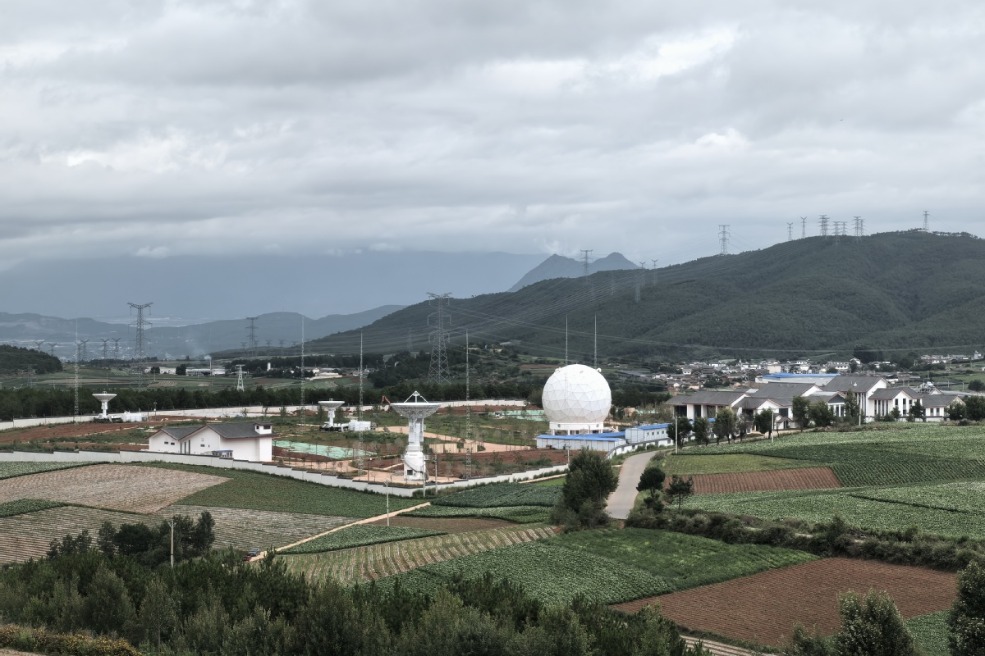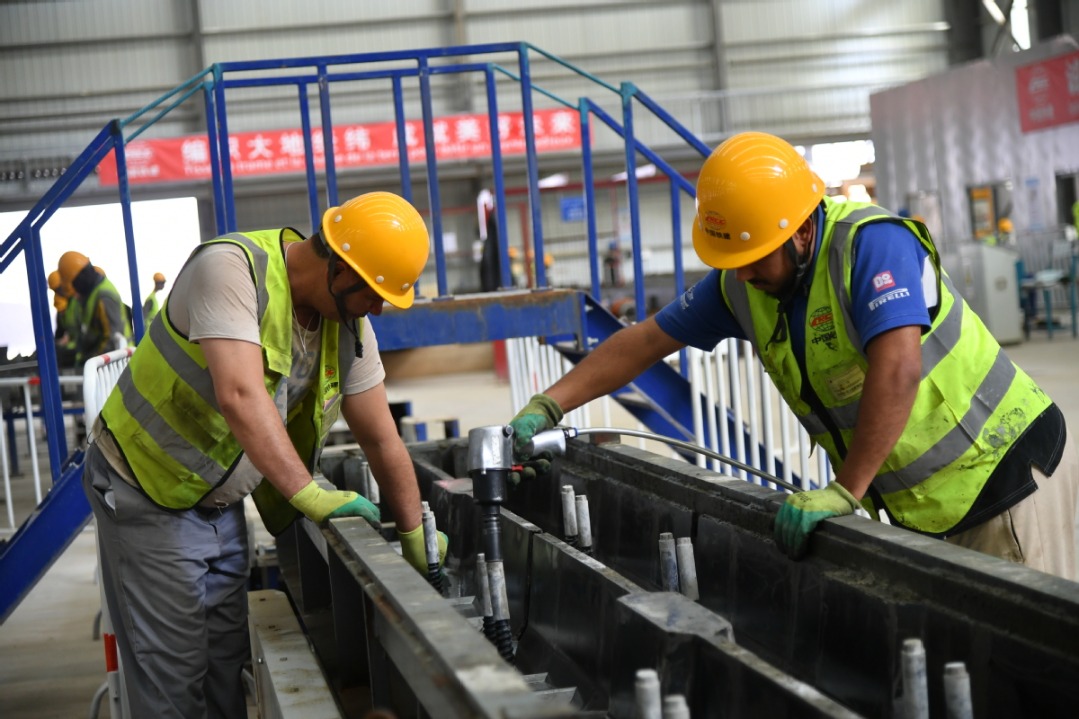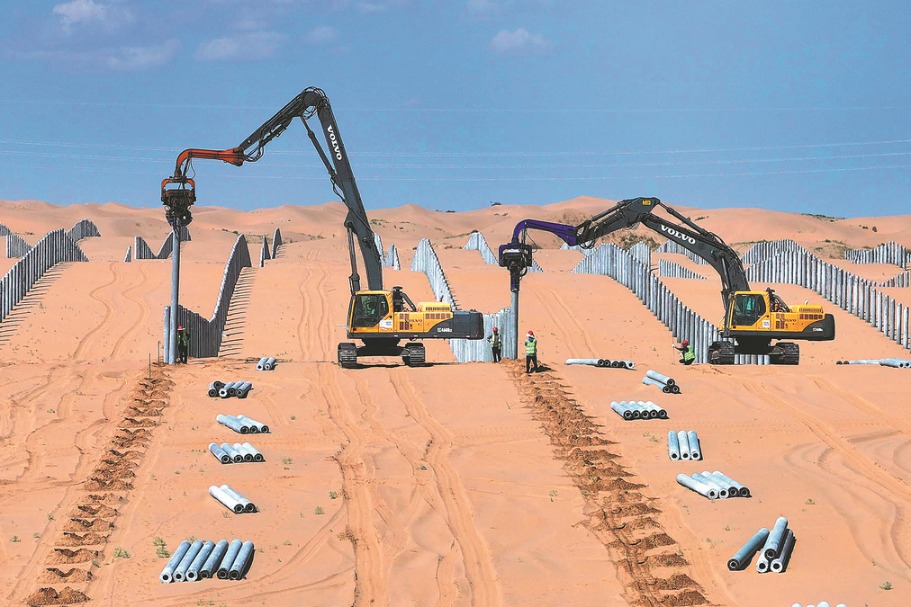3,000-yr-old tombs unearthed in Tibet

LHASA - Archaeologists announced Monday that they have excavated tombs dating back some 3,000 years in Southwest China's Tibet autonomous region.
A total of nine tombs were found at ruins 10 km from the county seat of Zanda in Ali prefecture, said Shaka Wangdui, an archaeologist with the regional institute of cultural heritage protection.
The institution, in cooperation with the Shanxi provincial institute of archaeology, excavated the ruins in the Sangda valley along the Langchen Zangbo River from July to August 2017.
Carbon dating has determined that the tombs were in two groups, with the first group of around 3,000 to 3,500 years old, and the second group around 2,100 to 2,300 years old.
The first group of tombs were formed by stones placed one by one in a circle, while the second group were pits, Shaka Wangdui said.
Stoneware, earthenware and bones and bells were found in the tombs.
The tombs are also the oldest with bronze articles, including rings and bells, in Tibet.
- Aircraft conduct adaptive training for Airshow China in Zhuhai
- Chang'e 6 lunar samples displayed at 15th Airshow China
- Hong Kong attracts 17 more enterprises in strategic emerging industries
- Construction of maglev express line starts in Central China
- China Focus: Model of reusable Haoloong space cargo shuttle to debut at Airshow China
- SUFE celebrates 107th founding anniversary





































